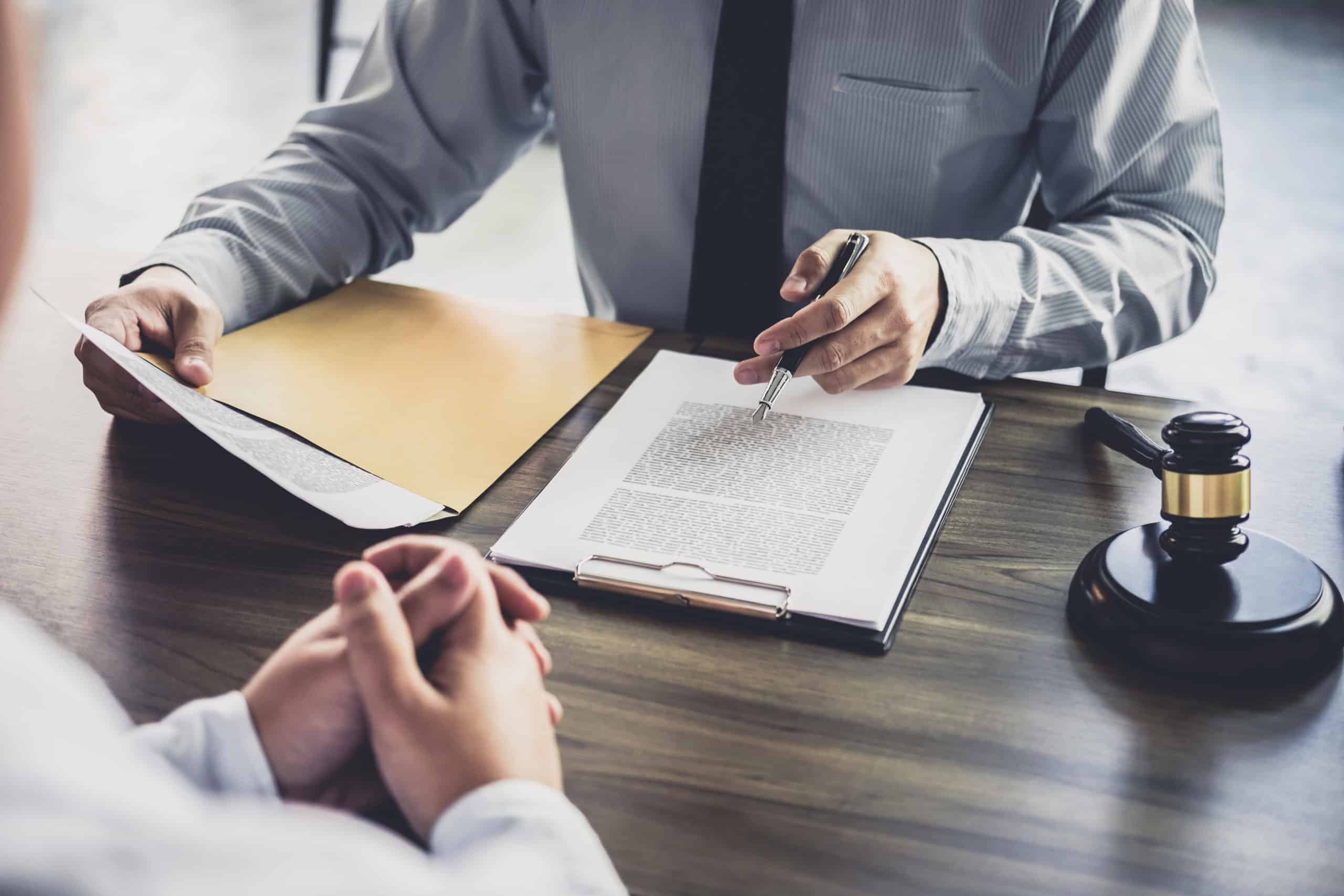
In Texas, criminal convictions can stay on your record forever, preventing you from finding a job, renting a home, or obtaining professional licensure. Even if the prosecutor failed to convict you, your criminal charges will follow you forever. Fortunately, you may have an option for clearing your record. However, expunction, the process by which you clear your name, is complicated.
An expunction and non-disclosure lawyer in Garland understands the process necessary for clearing your record of charges or convictions, and of sealing your records from public view.
Attorney Randall Isenberg of the Law Offices of Randall B. Isenberg can help. Call us today to get started: 214-696-9253.
Can a Lawyer Get My Arrest Record Expunged?
According to the Texas Code of Criminal Procedure, expunction is the process where the court removes an arrest from your permanent record.
In Garland, only some types of arrests qualify for expunction. If your situation falls into one of these categories, an expunction and non-disclosure lawyer can potentially help you.
Below is a list of arrest scenarios that a lawyer can help you expunge from your record:
- Records of arrest, as long as the state did not file charges
- Dismissed charges
- Overturned convictions
- Pardoned offenses
- Misdemeanor juvenile offenses (if applicable)
- Alcohol offenses for minors
- Crimes wherein you were a victim of identity theft
Even if your situation does not fit neatly into one of these categories, Randall may have other legal options to help you.
What Do I Need for Expunction of My Arrest Records?
To qualify for expunction of your arrest records, you must have gone to trial and subsequently received an acquittal or a conviction and pardon — as long as the prosecution never convicted you of any other crime related to the same incident.
If you never went to trial, expunction may work for you as long as your arrest did not involve a probation violation, the prosecution never convicted you (i.e., in absentia), you never fled while on bail, and you did not receive probation.
In addition, to qualify for expunction, one or more of these factors must also be true:
- The prosecution dismissed the charges
- The prosecutor does not need your records
- The court voided the charges
- The prescribed waiting period ended
- The statute of limitations ran out
How Does My Lawyer Request an Arrest Record Expunction?
The process for completing an expunction of arrest records varies depending on the jurisdiction that charged you originally. That may be a county or district court or the Garland municipal court.
Your lawyer must complete a lengthy petition and submit it to the court as well as each agency and facility in possession of your records. You must list every affected agency and individual as a Respondent to the petition, which provides them the opportunity to comment on or protest the expunction.
Upon receipt of the petition, the court schedules your hearing. You must appear at the hearing with your lawyer. Each Respondent has the option to appear also, to present its argument against expungement.
Your lawyer will present evidence during the hearing that you meet the legal requirements for expunction of your arrest record. If the court agrees, it will expunge your record.
Can an Expunction Non-Disclosure Lawyer Get My Record Sealed?
For convictions that do not allow expungement, you might be able to seek a non-disclosure order. Similar to the expunction process, the non-disclosure process allows for the sealing of your record, which prevents most public access.
As outlined in the Texas statutes, non-disclosure orders prevent the public from viewing your history. They do not, however, prevent governmental agencies from accessing the information. Your record will also remain admissible in court.
Specifically, your lawyer can request a non-disclosure order for Class B misdemeanors and below, as long as you completed your assigned probation or deferral project — and as long as you meet any other specific requirements or conditions for non-disclosure.
Your offense will NOT qualify for non-disclosure if any of the following conditions were present:
- Child injury
- Child abandonment
- Child endangerment
- Kidnapping
- Sex crimes
- Elderly or disabled person injury
- Violation of protective orders
- Domestic or family violence
- Stalking
- Murder
Similar to requesting an expunction, you must complete probation or deferral programs and the stated waiting period must conclude. You must also avoid any criminal conviction during deferral and the waiting period.

How Long Must I Wait to Apply for Expunction or Non-Disclosure?
Before you can apply for expunction, you must wait for the Texas statute of limitation for that crime to run out.
In some cases, you may apply early. However, the prosecutor may deny the request. If the prosecutor approves your request, he typically retains your file until expiration of the statute of limitation.
The statutory waiting periods for expunction are as follows, classified by the severity of the offense:
- For a Class C misdemeanor, you must wait 180 days from the date of arrest
- For a Class B misdemeanor, you must wait 12 months from the date of arrest
- For a Class A misdemeanor, you must wait 12 months from the date of arrest
- For all allowable felonies, you must wait 3 years from the date of arrest
For a misdemeanor offense, you can petition for an order of non-disclosure once you complete your probation or deferral program. Some misdemeanors are automatic nondisclosures while others require a waiting period of 2 years. You must wait for 5 years to apply for non-disclosure if yours was a felony offense.

Call an Expunction Non-Disclosure Lawyer in Garland Today
Obtaining either an expunction or a non-disclosure order is a complex process that requires an in-depth understanding of the law. Any departure from the required process may result in a denial of your request. And that is why you need a lawyer who understands the challenge and is willing to fight for the best possible outcome for you.
Attorney Randall Isenberg of the Law Offices of Randall B. Isenberg is that lawyer. He has experience that spans more than three decades, including time spent as a district court judge and felony prosecutor.
Contact our office today to discuss your case for free: 214-696-9253.










